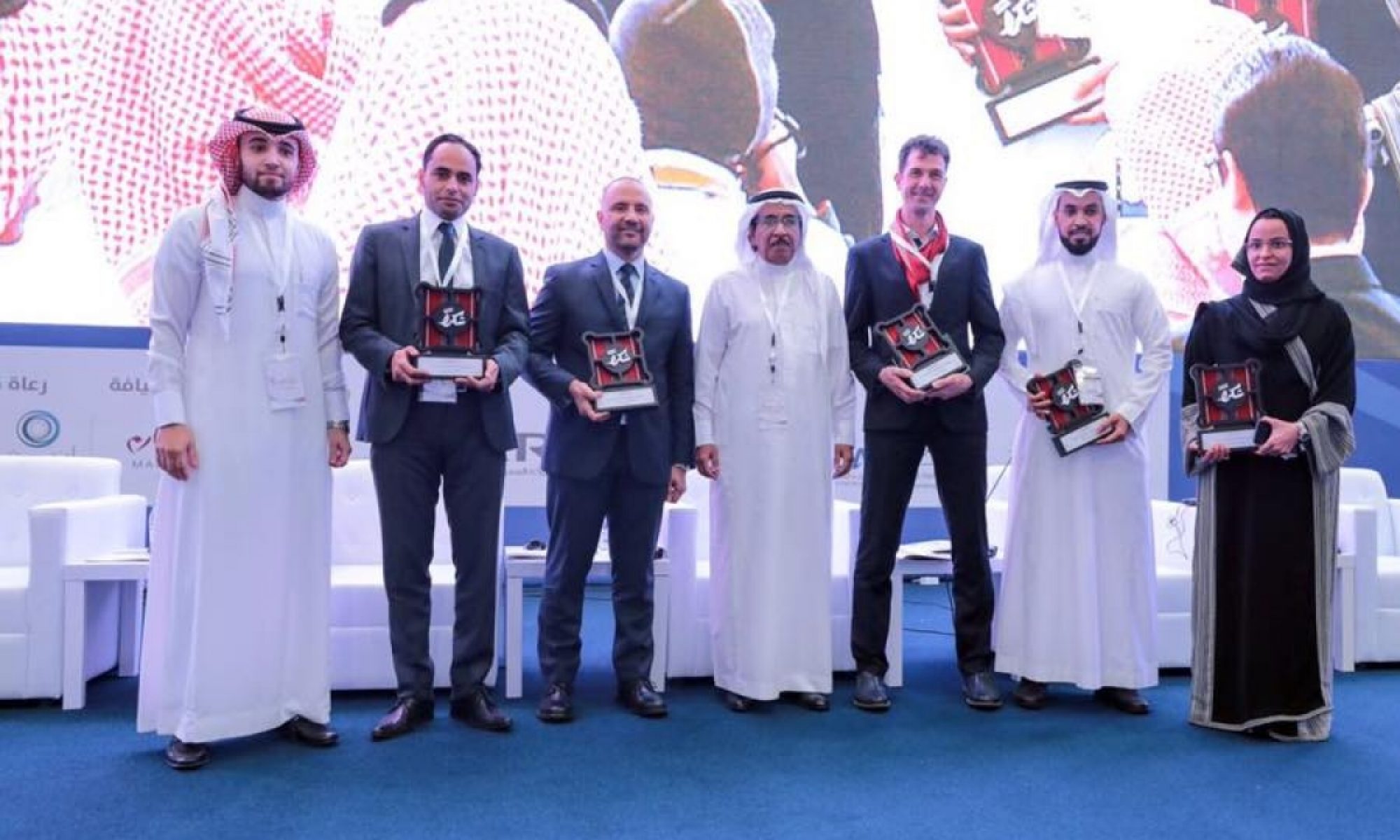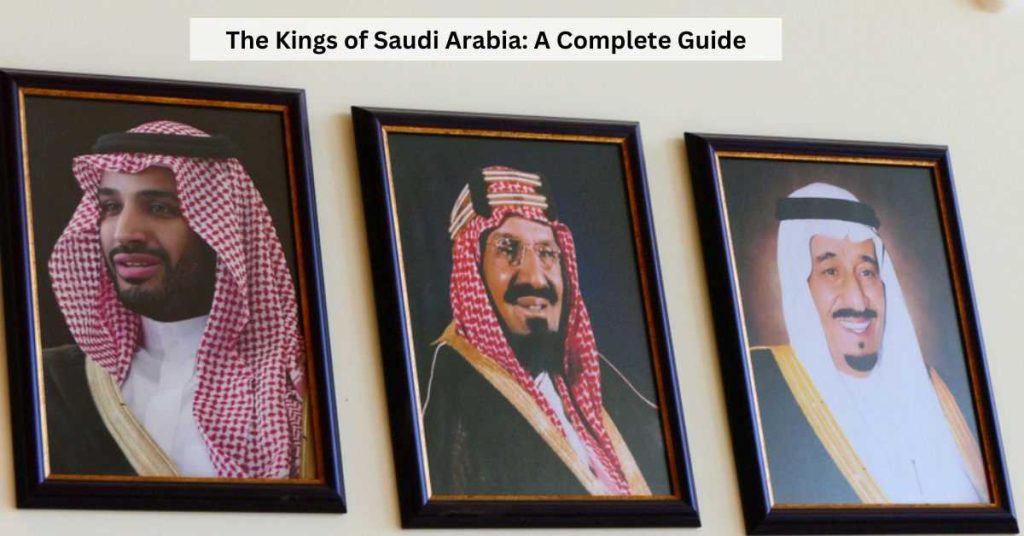
In the heart of the Arabian Peninsula, Saudi Arabia has been shaped by a line of leaders whose vision, resilience, and strategic acumen have left an indelible mark on the nation’s history. From the founding monarch, King Abdulaziz Al Saud, to the contemporary leaders guiding the Kingdom through the challenges of the 21st century, this blog explores the dynamic tapestry of Saudi Arabian leadership.
King Abdulaziz Al Saud – The Founder:

The architect of modern Saudi Arabia, King Abdulaziz Al Saud, commonly known as Ibn Saud, laid the foundation for the Kingdom in 1932. Through a series of military campaigns and strategic alliances, he united disparate tribes under the banner of Wahhabism, establishing the first Saudi state. His vision, tenacity, and statesmanship set the stage for the Kingdom’s evolution.
King Saud bin Abdulaziz Al Saud – The Builder:
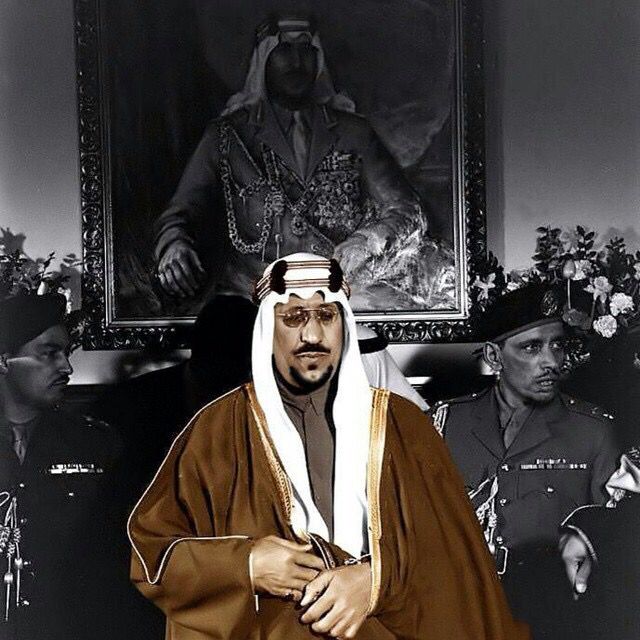
The eldest son of King Abdulaziz, King Saud assumed the throne in 1953. His reign was marked by significant economic development fueled by the burgeoning oil industry. Under his leadership, infrastructure projects and educational initiatives were launched, contributing to the modernization of Saudi Arabia.
King Faisal bin Abdulaziz Al Saud – The Reformer:
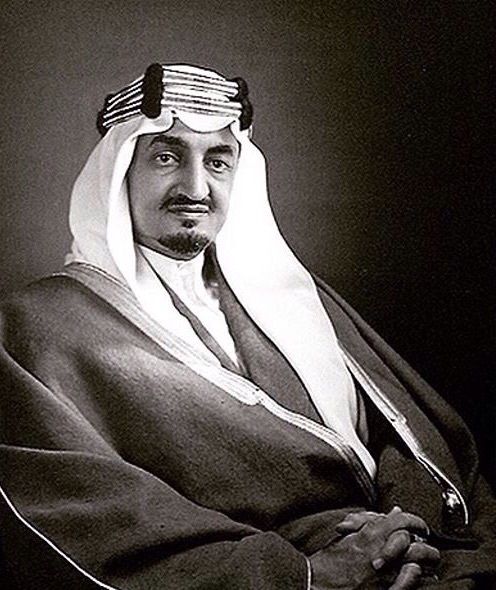
King Faisal‘s reign from 1964 to 1975 is often characterized by bold reforms. His commitment to modernization saw the introduction of television, the establishment of King Faisal University, and social reforms. Faisal’s policies aimed to balance traditional values with the imperatives of progress.
King Khalid bin Abdulaziz Al Saud – The Stabilizer:
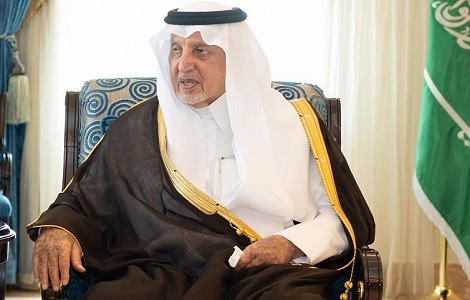
King Khalid, who assumed the throne in 1975, focused on consolidating the Kingdom’s stability. His leadership saw continued economic growth and the establishment of the King Khalid International Airport. Despite facing regional challenges, his tenure is remembered for its emphasis on domestic cohesion.
King Fahd bin Abdulaziz Al Saud – The Modernizer:
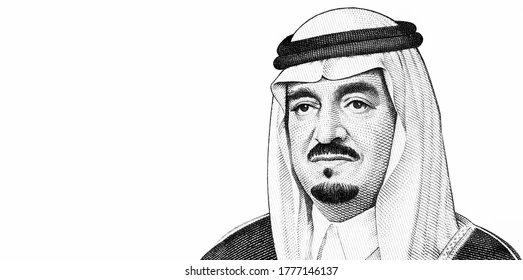
King Fahd‘s reign, beginning in 1982, was marked by a commitment to modernization. The “Fahd Plan” aimed at diversifying the economy beyond oil. His tenure also saw significant infrastructural development, including the construction of the King Fahd Causeway connecting Saudi Arabia and Bahrain.
King Abdullah bin Abdulaziz Al Saud – The Reformer and Global Statesman:
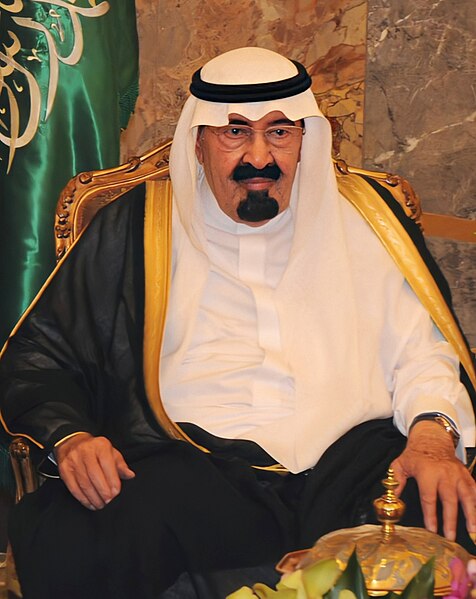
King Abdullah‘s reign, from 2005 to 2015, witnessed a focus on national development and increased engagement on the global stage. He initiated various economic, social, and educational reforms, including the King Abdullah Scholarship Program, aimed at sending Saudi students abroad for higher education.
King Salman bin Abdulaziz Al Saud – The Custodian of the Two Holy Mosques:
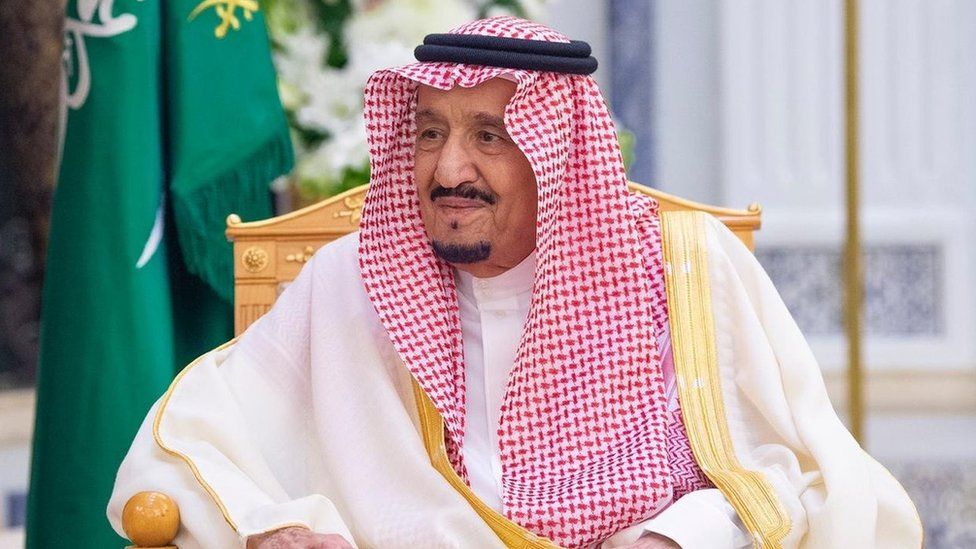
King Salman, who ascended the throne in 2015, has overseen a period of significant change. His leadership saw the launch of Vision 2030, a transformative plan for economic diversification and societal development. King Salman has navigated regional challenges and positioned Saudi Arabia as a key player in international affairs.
Crown Prince Mohammed bin Salman – The Visionary Architect:
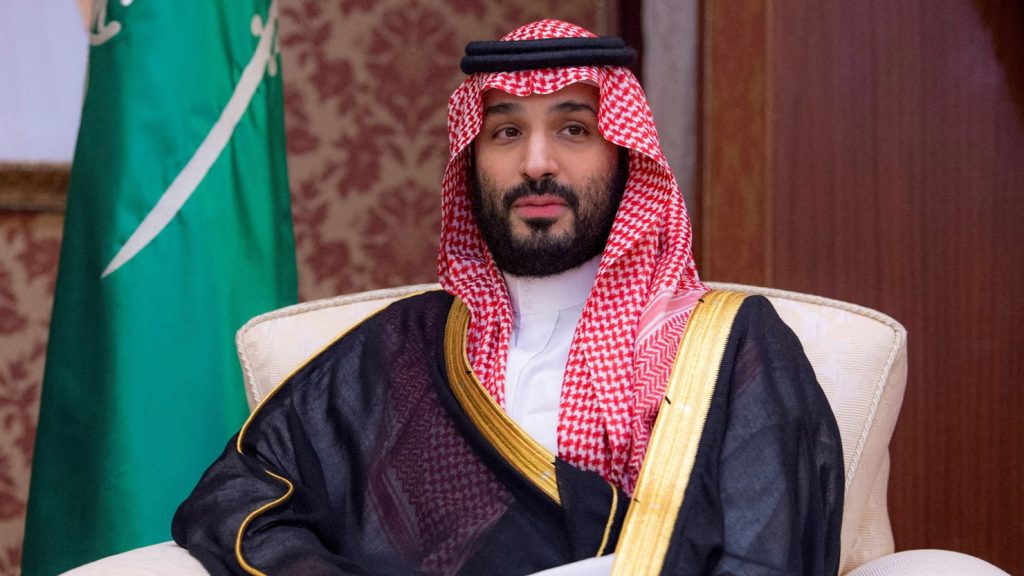
As the architect of Vision 2030 and the driving force behind numerous social and economic reforms, Crown Prince Mohammed bin Salman is shaping the contemporary narrative of Saudi Arabia. His leadership has been marked by efforts to diversify the economy, empower women, and position the Kingdom as a hub for innovation and investment.
The leaders of Saudi Arabia, from the visionary founder King Abdulaziz to the dynamic Crown Prince Mohammed bin Salman, have played pivotal roles in steering the nation through a complex historical tapestry. Each leader brought their unique vision, adapting to the evolving needs of their time. As Saudi Arabia continues to navigate the challenges of the present and future, the legacy of its leaders remains integral to the Kingdom’s identity and aspirations.
Leadership Legacies: A Deeper Dive into Saudi Arabia’s Visionaries
In exploring the intricate tapestry of Saudi Arabian history, “Leadership Legacies: A Deeper Dive into Saudi Arabia’s Visionaries” invites us to embark on a journey through the epochs of leadership that have shaped the Kingdom’s destiny. This section delves into the multifaceted legacies of Saudi Arabia’s visionary leaders, unraveling their significant achievements, grappling with challenges, and pioneering transformative policies. From the founding monarch, King Abdulaziz Al Saud, to the contemporary trailblazer, Crown Prince Mohammed bin Salman, each leader’s indelible mark on the nation is a testament to their foresight, resilience, and commitment to steering Saudi Arabia through the currents of tradition, modernity, and global dynamics. As we delve into the nuanced narratives of these leaders, we gain a profound understanding of the evolving landscape and the profound impact each has had on the Kingdom’s trajectory.
King Abdulaziz Al Saud (Ibn Saud):
- Notable Achievements: Established the first Saudi state, forged alliances with tribal leaders, and successfully unified the Arabian Peninsula.
- Challenges: Faced resistance from rival tribes, Ottoman Empire interference, and the need to establish a stable governance structure.
- Key Policies: Implementation of Wahhabism as the state religion, establishment of governmental institutions, and initiation of economic development projects.
King Saud bin Abdulaziz Al Saud:
- Economic Challenges: Faced economic difficulties due to overspending, which led to financial strain and required intervention from his brothers.
- Educational Initiatives: Despite economic challenges, he invested in education, including the establishment of King Saud University in Riyadh.
King Faisal bin Abdulaziz Al Saud:
- Modernization Efforts: Successfully implemented modernization policies, including infrastructure development, healthcare improvements, and the expansion of education.
- Social Reforms: Advocated for women’s education and expanded access to healthcare services.
King Khalid bin Abdulaziz Al Saud:
- Stability and Growth: Oversaw a period of stability and continued economic growth, ensuring the sustainability of the nation’s development.
- Social Welfare: Prioritized social welfare programs, including housing initiatives and healthcare services for citizens.
King Fahd bin Abdulaziz Al Saud:
- Economic Diversification: Initiated the “Fahd Plan” to diversify the economy beyond oil, investing in non-oil sectors.
- Technological Advancements: Emphasized technological advancements, leading to the establishment of technology-focused institutions.
King Abdullah bin Abdulaziz Al Saud:
- Educational Reforms: Expanded scholarship programs and invested in educational institutions to promote a knowledge-based economy.
- Interfaith Dialogue: Promoted interfaith dialogue and initiated reforms aimed at enhancing Saudi Arabia’s global image.
King Salman bin Abdulaziz Al Saud:
- Vision 2030: Launched Vision 2030, a comprehensive plan for economic diversification, social development, and enhanced global engagement.
- Diplomatic Leadership: Navigated regional challenges, strengthened alliances, and played a key role in stabilizing the region.
Crown Prince Mohammed bin Salman:
- Vision 2030 Implementation: Spearheaded the implementation of Vision 2030, focusing on economic diversification, privatization, and the development of key sectors.
- Social Reforms: Initiated groundbreaking social reforms, including the lifting of the ban on women driving and the introduction of entertainment events.
Visit Saudi Arabia Destinations Now
Here are some of our Saudi Arabia private tours, offering you the opportunity to embark on a captivating journey through the Kingdom of Saudi Arabia. Immerse yourself in the rich history of Saudi Arabia as you explore ancient wonders in cities like Riyadh, Jeddah, and Mecca. Discover the archaeological marvels of Al-Ula, with its UNESCO-listed Madain Saleh, and stroll through the traditional streets of Al-Ula Old Town. Experience the highland haven of Abha, nestled in the Asir Province, where you can explore Asir National Park and the historic village of Habala. Take in the breathtaking views at Al-Soudah Park and witness the natural beauty that defines the diverse landscapes of this enchanting kingdom. Whether you’re drawn to the historical charm of Riyadh or the mountainous landscapes of Abha, our Saudi Arabia private tours promise “A Trip to Remember.”

4 Days Riyadh Heritage Tour Package
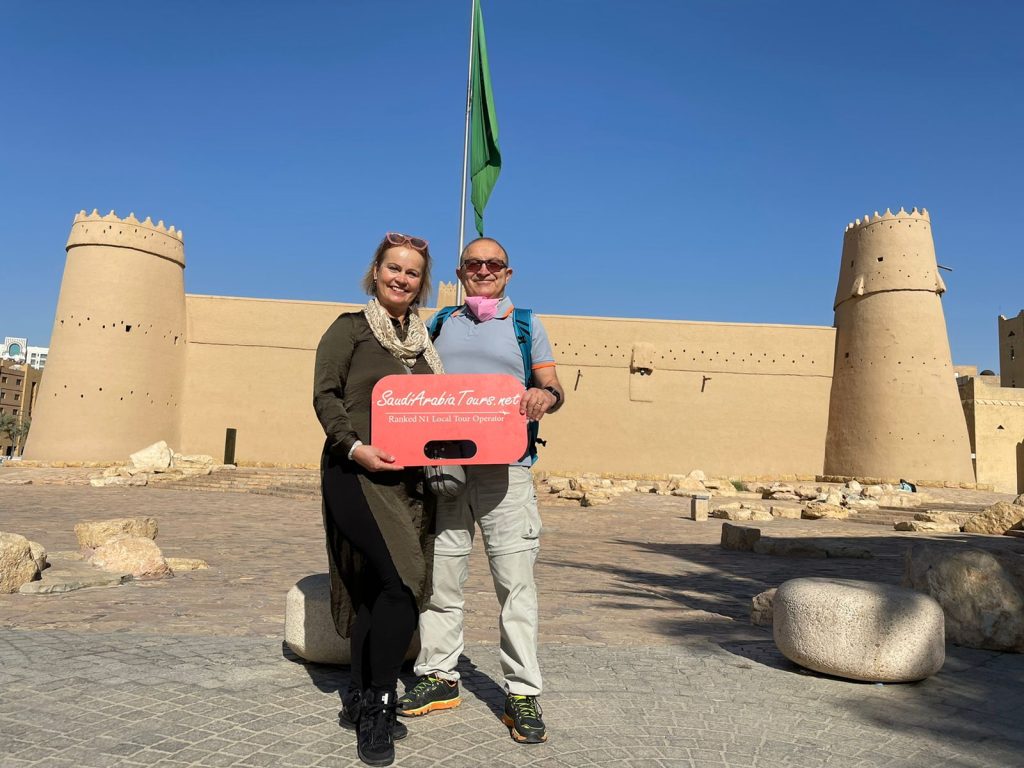
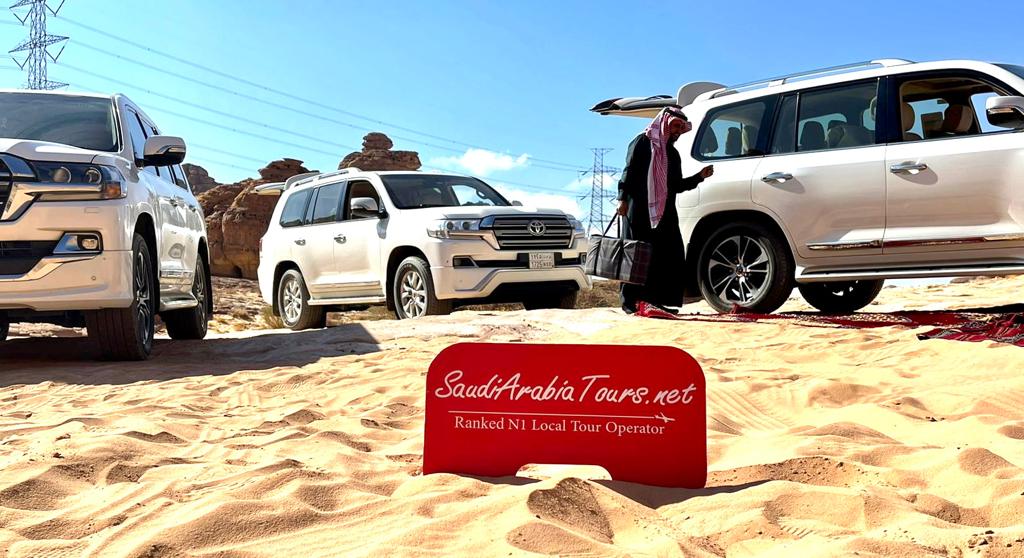
Saudi Arabia Explorer Riyadh, AlUla and Jeddah – 8 Days
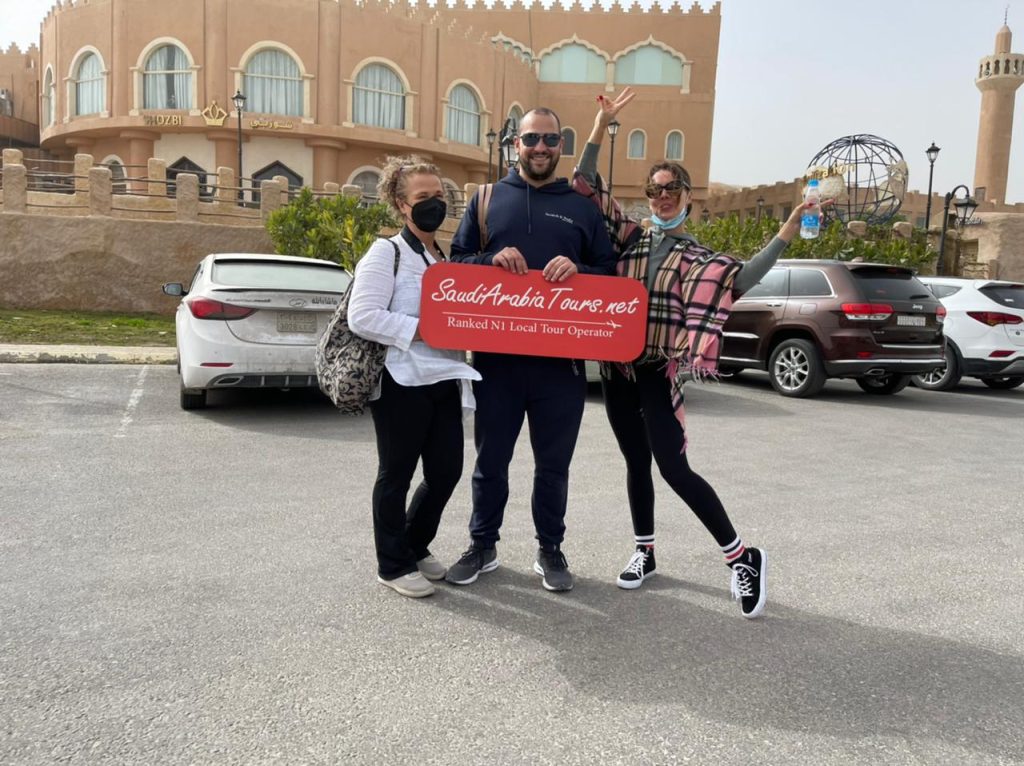
Majestic Tour of Saudi Arabia – 10 Days
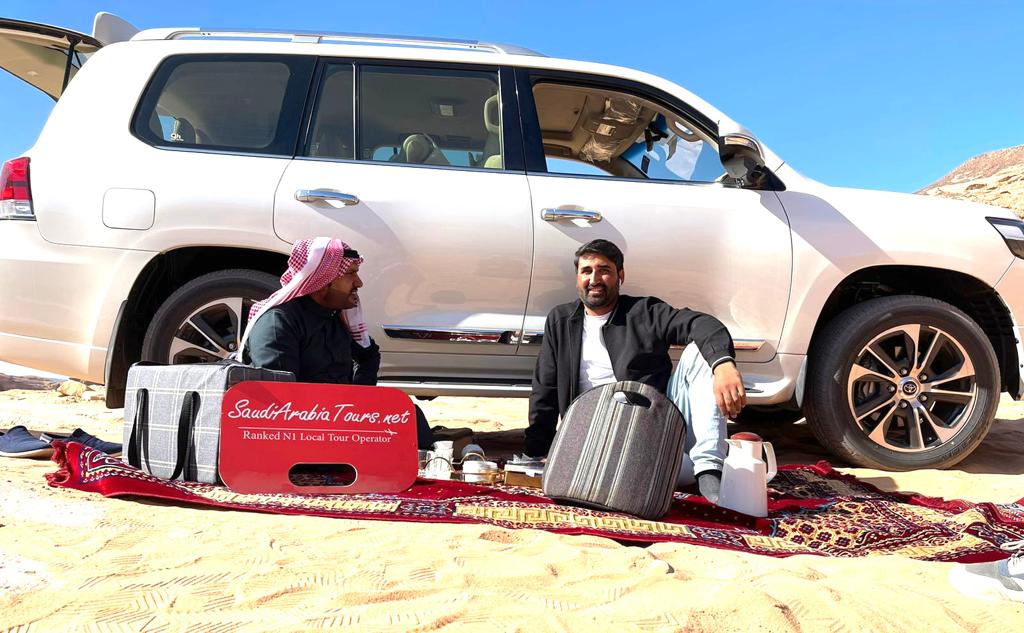
How Good are Saudi Arabia Tours?
Saudi Arabia Tours prides itself on being the best travel agency in Saudi Arabia as proven by our numerous positive reviews.
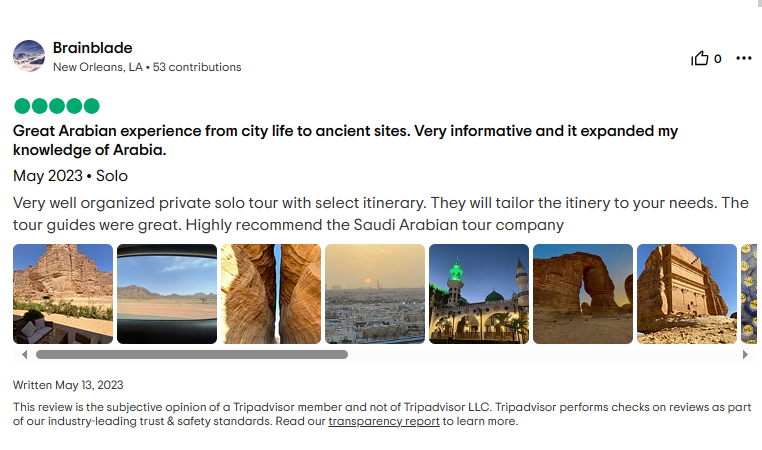
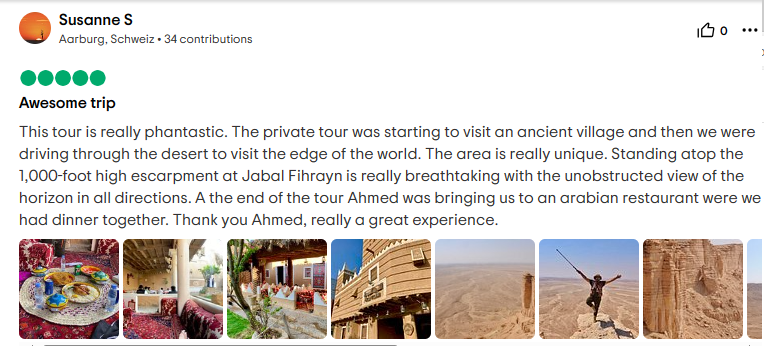

Frequently Asked Questions?
Is Saudi Arabia safe for tourists?
Tourists have been visiting Saudi Arabia and Saudi Arabians have a well-earned reputation for warmth and kindness toward visitors. Saudi Arabia cities are generally very safe, especially in areas where tourists frequent.
How to get a Saudi tourist visa?
Applying for a tourist visa to Saudi Arabia is easy. If you are from one of the 49 eligible countries, you can apply through the eVisa website. Holders of US, UK, or Schengen visas can apply for the visa upon arrival. Saudi Arabia is opening its doors to the world through its new tourist visa. Visitors will have the chance to discover and experience the warm hospitality of the Saudi people, the rich heritage, the vibrant culture, and Saudi Arabia’s diverse and breathtaking landscapes. The visa will be a one-year, multiple-entry visa, allowing tourists to spend up to 90 days in the country.
Are non-Muslims allowed in Saudi?
Non-Muslims can travel to all cities in Saudi Arabia except Medinah and Mekkah, Not allowed to non-Muslims to enter Mecca and Medinah.
Can I wear jeans in Saudi Arabia?
Both men and women are asked to dress modestly in public, avoiding tight-fitting clothing. Women should cover their shoulders and knees in public.
Contact us for more information on:
saudiarabiatours.net@gmail.com
Address: Head Office Olaya St, Riyadh 12213, Saudi Arabia.
If you are booking and taking the tour within 24 hours, or have an urgent request, call us on
Cell/whatsapp : +966558018938 For more info please visit Saudi Arabia Tours
